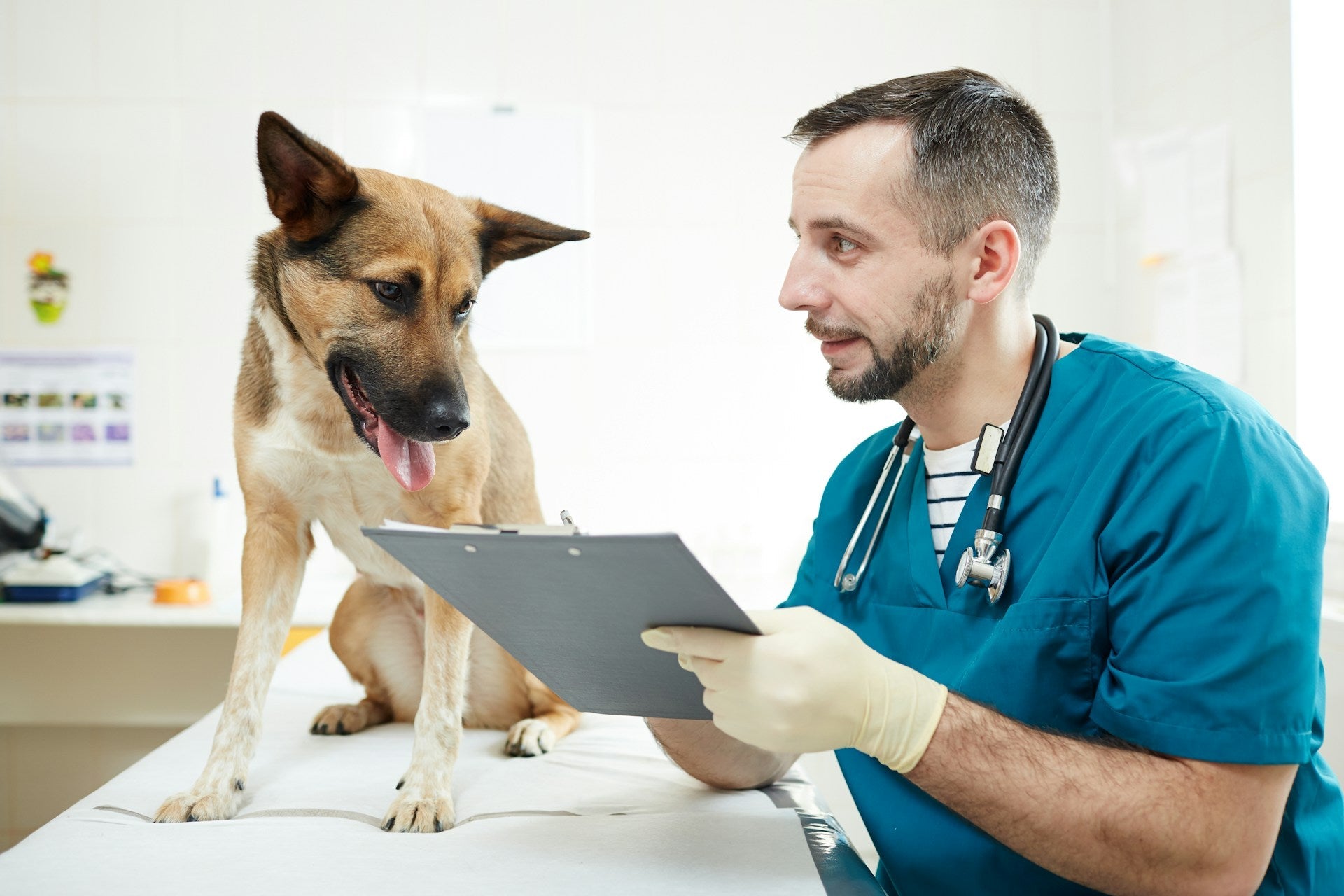

· By Trevor Horne
Maintaining Hand Instruments For A Busy Veterinary Practice
Maintaining hand instruments is an important part of keeping any veterinary practice running smoothly. These tools are fundamental for daily procedures and ensuring they are in the best possible condition can make a significant difference in how well veterinary professionals can care for their patients. Simple routines can lead to better outcomes for animals and a more efficient workflow for the entire team.
Proper upkeep of hand instruments extends their lifespan, reduces the need for frequent replacements, and ensures optimal performance. When these instruments are well-maintained, veterinarians can work more confidently and provide safer, more effective care. Regular attention to cleaning, inspections, and proper storage are key steps in maintaining these tools, ultimately benefiting both the clinic and the animals they serve.
Proper Cleaning Techniques
Cleaning your hand instruments regularly is one of the simplest ways to maintain their quality. Immediate cleaning after each use prevents biological debris from hardening and becoming more challenging to remove. Using an appropriate cleaning solution is just as important. Harsh chemicals can damage the instrument’s surface, so look for options that are effective but gentle enough for delicate materials.
Establishing a routine cleaning schedule is essential. Daily cleaning ensures that no residue lingers on the instruments, maintaining their hygiene and functionality. Here are a few tips to make sure the process is efficient and thorough:
- Use a soft brush to remove debris gently without causing scratches.
- Always rinse instruments with distilled water to prevent mineral deposits.
- Ensure instruments are completely dry before storage to avoid rust and corrosion.
- Consider ultrasonic cleaners for intricate instruments that might be hard to clean manually.
By staying consistent with cleaning practices, you can extend the life of your instruments and maintain a high standard of care in the clinic.
Regular Inspections
Routine inspections should be a cornerstone of instrument maintenance. Catching minor issues before they become major problems saves time and reduces the risk of tools failing during procedures. During inspections, pay attention to signs of wear and tear, such as nicks, dull edges, or stiff joints.
Create a checklist for these inspections to ensure consistency and thoroughness. Look for:
- Loose parts that may need tightening or replacement.
- Cracks or imperfections in the instrument that could affect performance.
- Discoloration or signs of rust, indicating improper cleaning or moisture retention.
Regularly inspecting hand instruments helps you address potential issues proactively, maintaining effectiveness and safety in veterinary procedures.
Storage Best Practices
Storing hand instruments properly plays a huge role in preserving their condition over time. Think of it as giving your tools a comfortable home, where they stay safe and ready for the next use. Keeping them in organized storage also speeds up retrieval during busy clinic hours. It helps if all team members follow a consistent organizing method, which can prevent misplaced tools and reduce stress during high-pressure situations.
A few tips for effective storage include:
- Use trays or instrument racks to separate tools, avoiding scratches and damage.
- Ensure the storage area is dry and clean to prevent rust or corrosion.
- Clearly label storage sections so team members can quickly find and return instruments to their proper place.
Effective storage not only extends the life of hand instruments but also improves workflow efficiency, making daily operations smoother.
Sharpening and Maintenance
Keeping instruments sharp is another key aspect of maintenance. Dull instruments can hinder precision and slow down procedures, so it’s wise to keep a regular sharpening schedule. Depending on the instrument's use frequency, sharpening needs may vary, but a general rule of thumb is regular checks every few months.
Decide whether in-house sharpening or outsourcing is best based on available resources and expertise. For some clinics, investing in sharpening tools can be worthwhile, while others might prefer expert services for precision and consistency. This decision often depends on how frequently instruments are used and the volume of procedures performed in the clinic.
Utilizing a Medical Product Supplier
Partnering with the right medical product supplier ensures access to high-quality maintenance supplies and replacement parts essential for maintaining hand instruments. With reliable access to these resources, veterinary clinics can rest easy knowing their instruments can be swiftly repaired or replaced when needed.
A good supplier acts as a dependable partner, delivering products that meet quality standards. Working with a supplier that understands the specific needs of veterinary practices can reduce downtime and keep operations running smoothly. Furthermore, having a source for consistent product supply prevents unexpected shortages.
Keeping Your Instruments in Top Condition
By focusing on regular cleaning, inspections, proper storage, and timely sharpening, veterinary clinics can ensure their hand instruments remain efficient and reliable. These steps not only enhance the longevity of the tools but also promote better patient care and smoother clinic operations. Implementing these practices means being prepared for any procedure at any time.
Maintaining instruments might seem like an extra task, but it's well worth the effort. With a little attention and care, veterinary practices can reduce costs associated with frequent replacements and avoid disruptions caused by faulty equipment. This investment in time and resources ultimately translates to better service for both staff and animal patients, fostering a productive and caring environment.
To keep your veterinary hand instruments performing their best, it helps to work with a trusted medical product supplier that understands clinical standards and supply needs. ProNorth Medical offers dependable access to maintenance tools and replacement parts, making it easier to maintain quality care in your practice.
